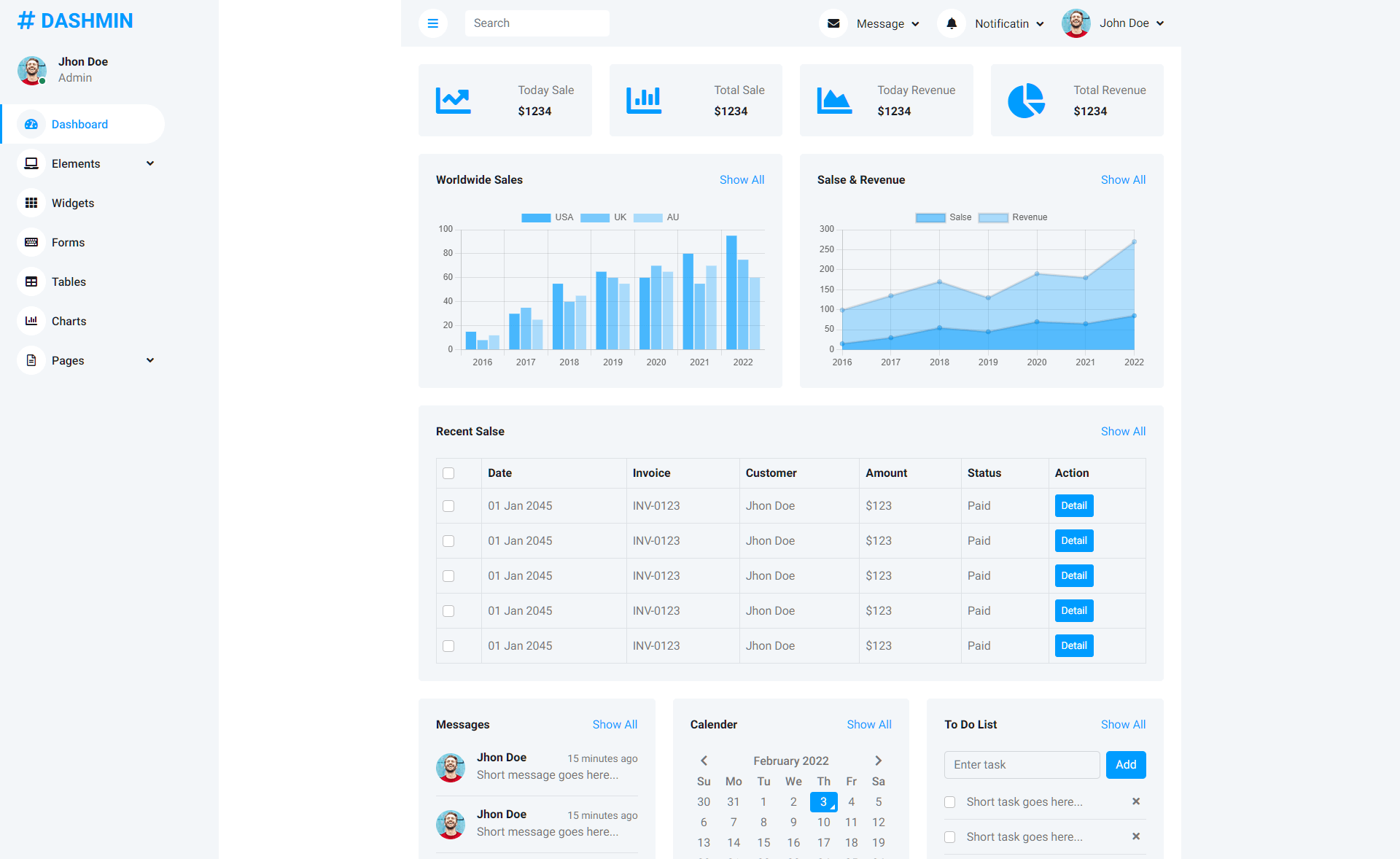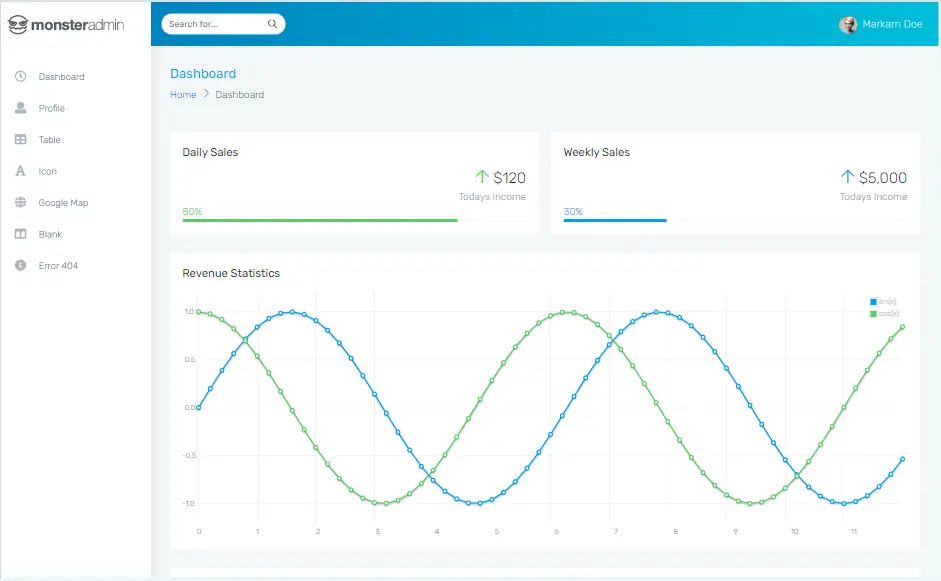How to Convert JSON to an object in C#
By Tan Lee Published on Feb 05, 2025 345
You can achieve this using different libraries, with the two most common being:
- Use
JsonSerializer.Deserialize()from the built-inSystem.Text.Jsonlibrary. - Use
JsonConvert.DeserializeObject()from theNewtonsoft.Jsonpackage.
Suppose you have the following JSON string representing a book:
{
"Title": "The Great Gatsby",
"Pages": 218,
"IsAvailable": true
}You need a corresponding C# class:
public class Book
{
public string Title { get; set; }
public int Pages { get; set; }
public bool IsAvailable { get; set; }
}Using JsonSerializer.Deserialize() (in System.Text.Json)
To deserialize using the built-in JsonSerializer.Deserialize(), you provide the JSON string and specify the type of object.
using System.Text.Json;
var bookJson = "{ \"Title\": \"The Great Gatsby\", \"Pages\": 218, \"IsAvailable\": true }";
var book = JsonSerializer.Deserialize<Book>(bookJson);
Console.WriteLine($"{book.Title} has {book.Pages} pages. Is it available? {book.IsAvailable}.");This will deserialize the JSON string to a Book object and output:
The Great Gatsby has 218 pages. Is it available? True.
Change Deserialization with JsonSerializerOptions
If your JSON uses camel-casing, you can adjust the deserialization process with JsonSerializerOptions.
For example, consider this camel-cased JSON:
{
"title": "The Great Gatsby",
"pages": 218,
"isAvailable": true
}You can use the PropertyNameCaseInsensitive setting to handle this case:
using System.Text.Json;
var jsonOptions = new JsonSerializerOptions()
{
PropertyNameCaseInsensitive = true
};
var book = JsonSerializer.Deserialize<Book>(bookJson, jsonOptions);
Console.WriteLine($"{book.Title} has {book.Pages} pages. Is it available? {book.IsAvailable}.");Using JsonConvert.DeserializeObject() (from Newtonsoft)
To use Newtonsoft.Json, first install the package via NuGet:
Install-Package Newtonsoft.Json
Then, you can deserialize the JSON string as follows:
using Newtonsoft.Json;
var book = JsonConvert.DeserializeObject<Book>(bookJson);
Console.WriteLine($"{book.Title} has {book.Pages} pages. Is it available? {book.IsAvailable}.");This deserializes the JSON string to a Book object and outputs:
The Great Gatsby has 218 pages. Is it available? True.
Change Deserialization with JsonSerializerSettings
If your JSON contains snake-cased property names, like this:
{
"title": "The Great Gatsby",
"pages": 218,
"is_available": true
}You can configure the deserialization with JsonSerializerSettings and a SnakeCaseNamingStrategy to handle it:
using Newtonsoft.Json;
using Newtonsoft.Json.Serialization;
var settings = new JsonSerializerSettings
{
ContractResolver = new DefaultContractResolver()
{
NamingStrategy = new SnakeCaseNamingStrategy()
}
};
var book = JsonConvert.DeserializeObject<Book>(bookJson, settings);
Console.WriteLine($"{book.Title} has {book.Pages} pages. Is it available? {book.IsAvailable}.");This allows you to properly handle snake-cased properties during deserialization.
Whether you use the built-in System.Text.Json or Newtonsoft.Json, deserialization in C# can be done efficiently with just a few lines of code.
- Building Dynamic Structured Data with JSON-LD in ASP.NET Core
- Serialize and Deserialize a Multidimensional Array in JSON using C#
- JSON object contains a trailing comma at the end which is not supported
- How to use JsonDocument to read JSON in C#
- How to use JsonExtensionData in C#
- Serialize a tuple to JSON in C#
- Deserialize JSON using different property names in C#
- Deserialize JSON to a derived type in C#





